Eat That Frog!: 21 Great Ways to Stop Procrastinating and Get More Done in Less Time
by Brian Tracy
March 31, 2021 — May 25, 2021
Los Angeles, CA
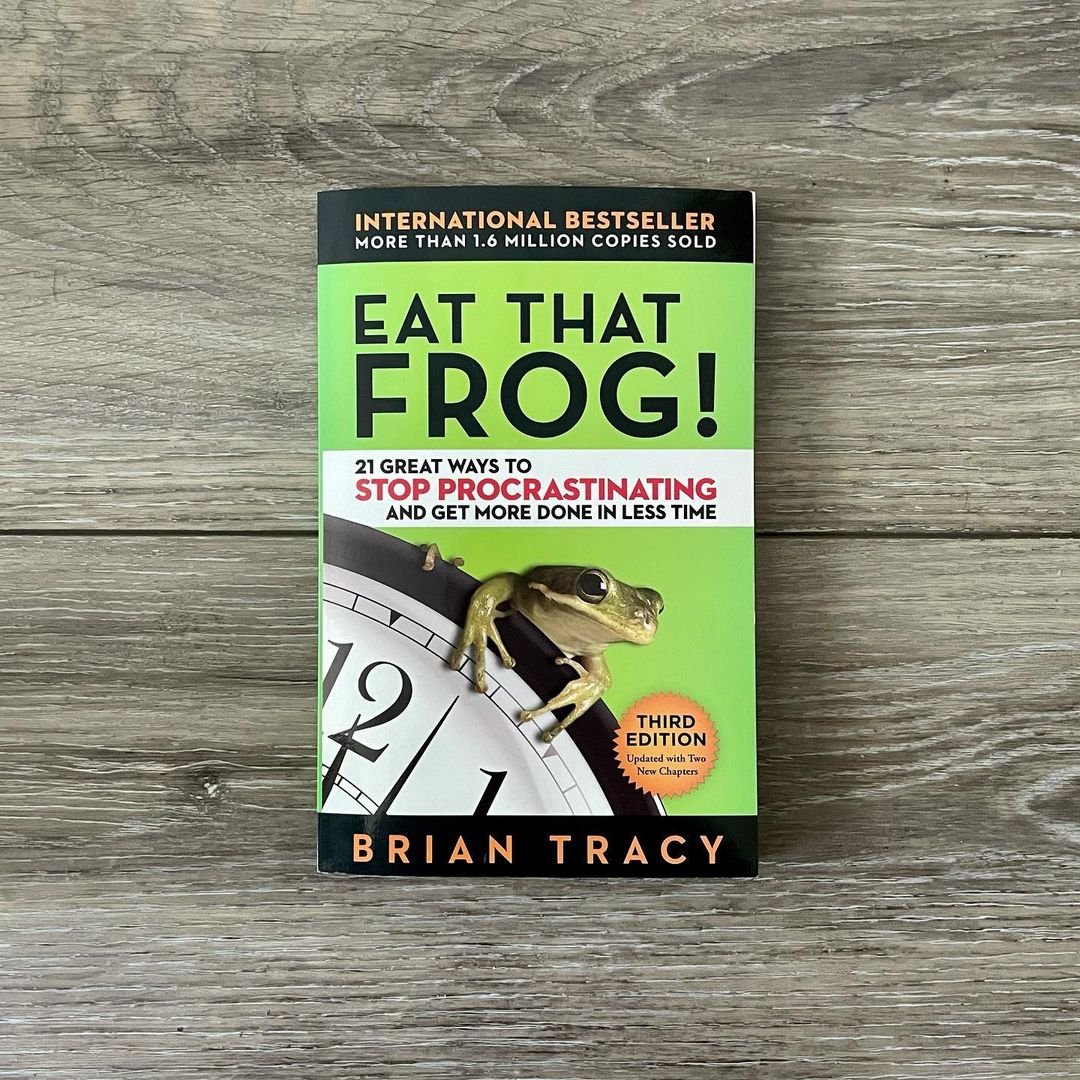
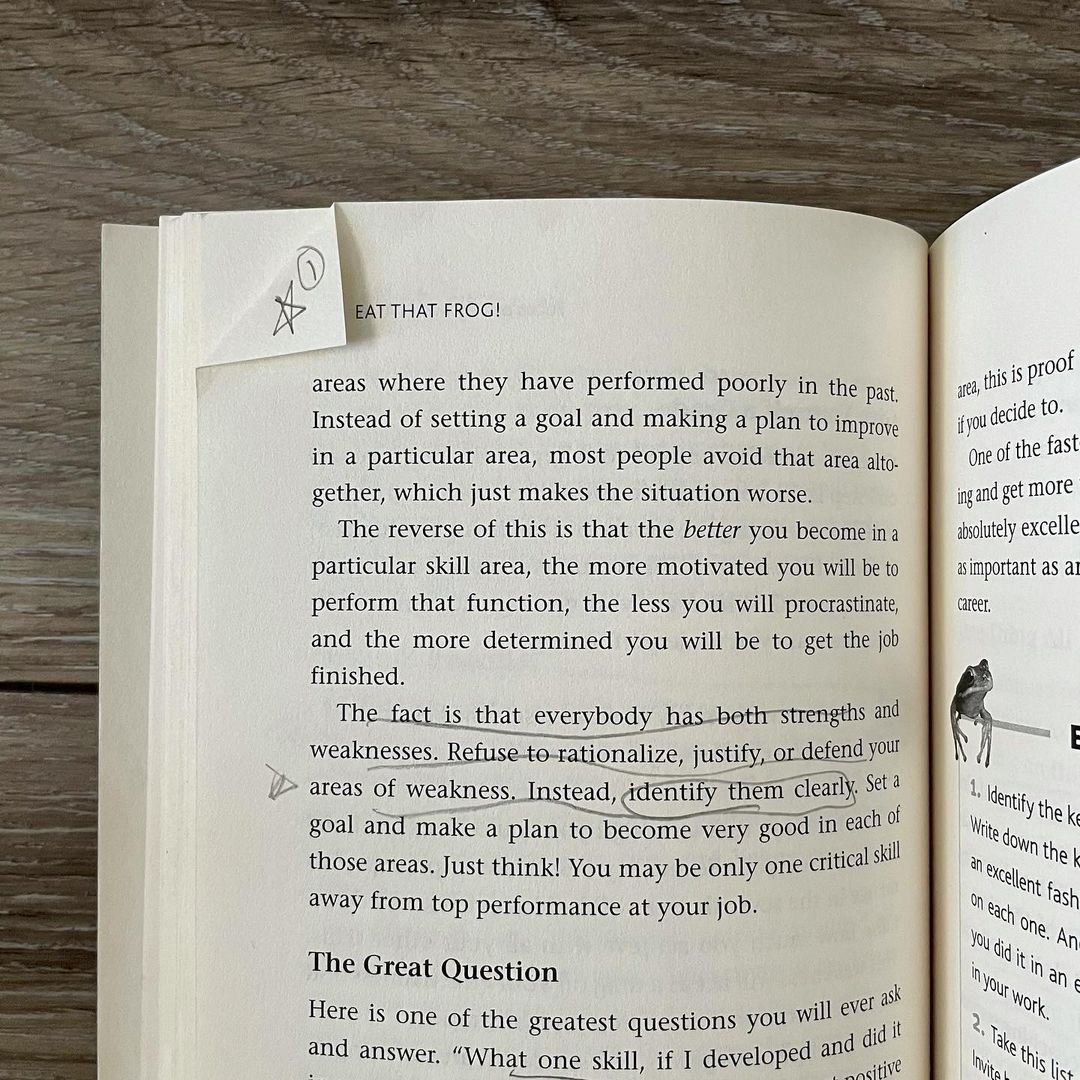
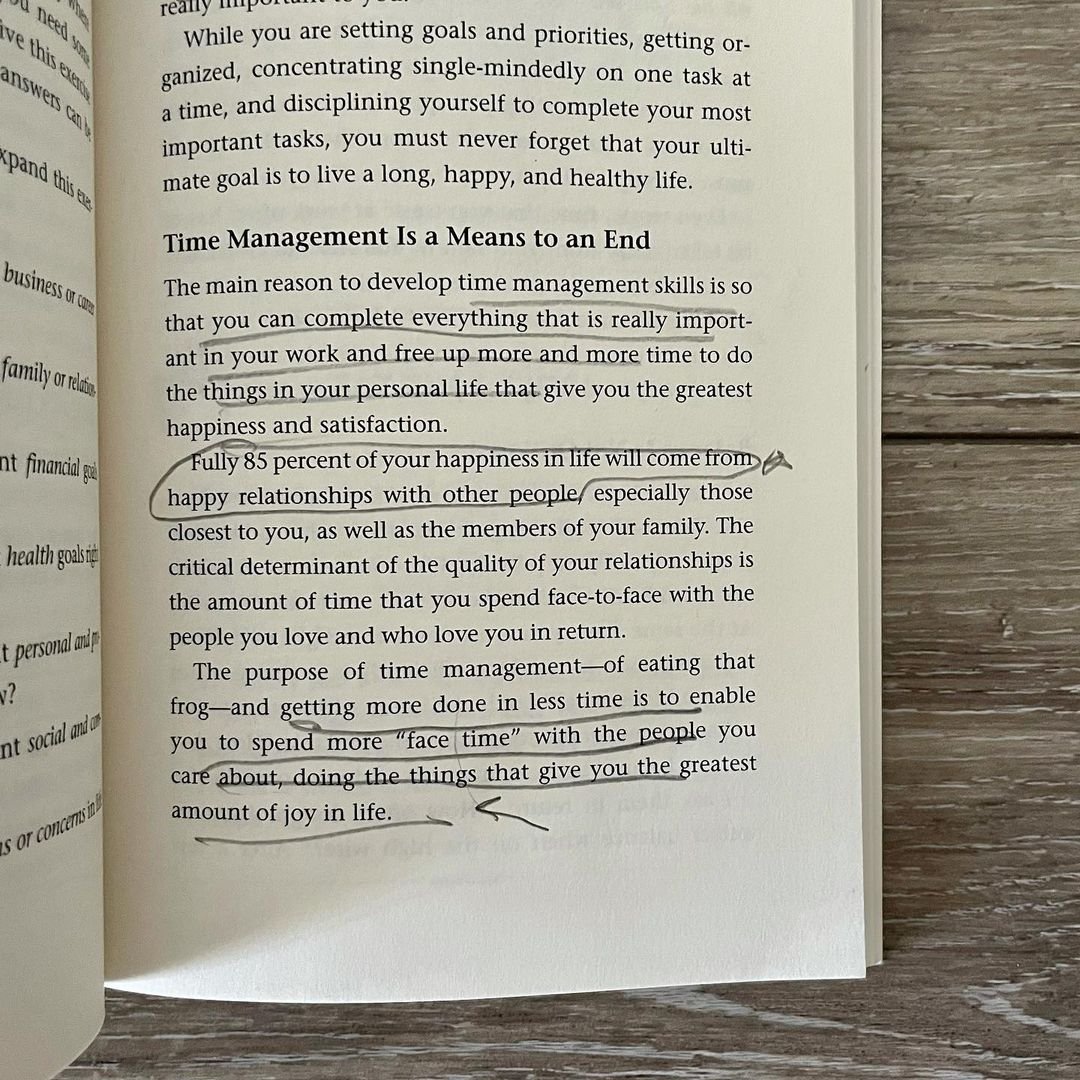
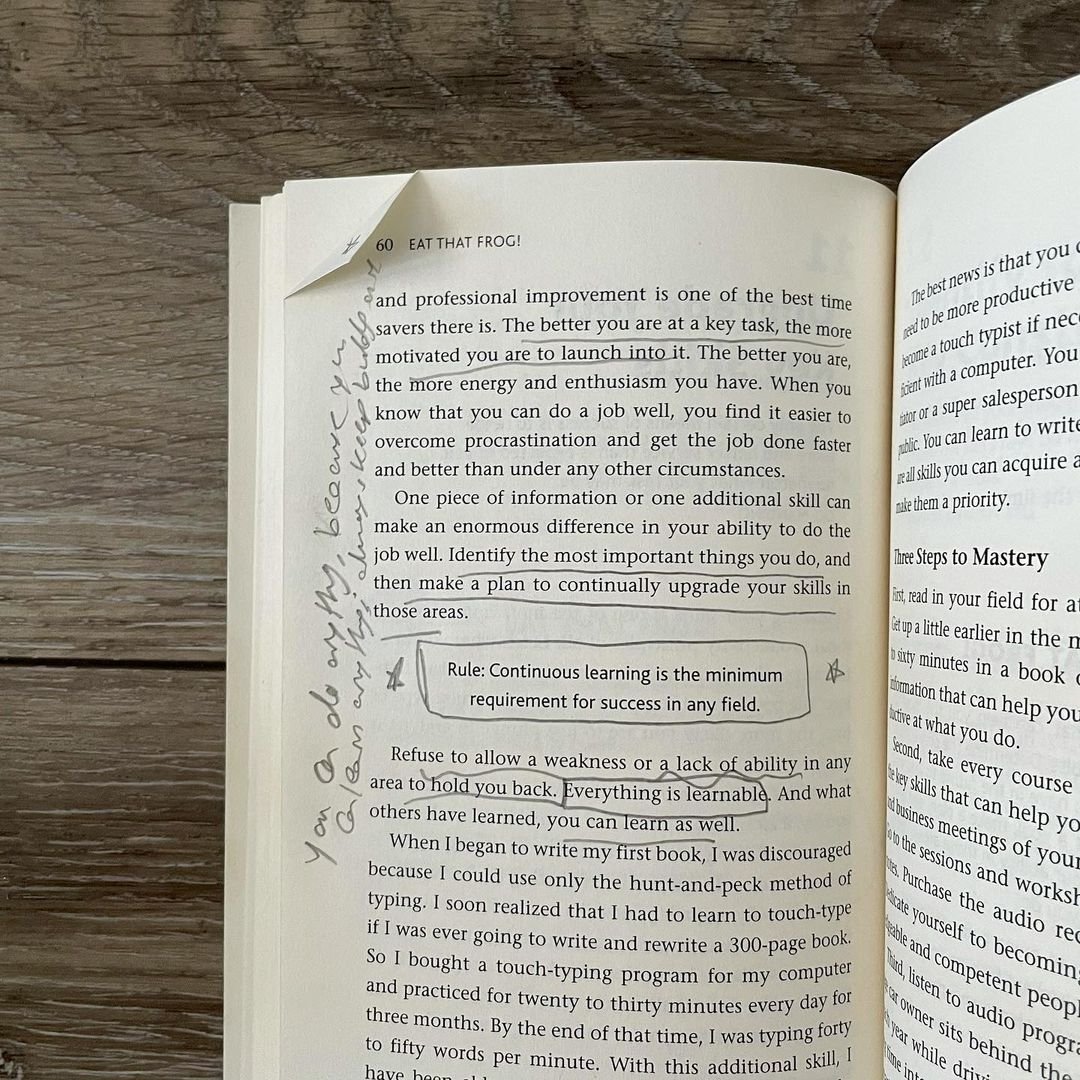
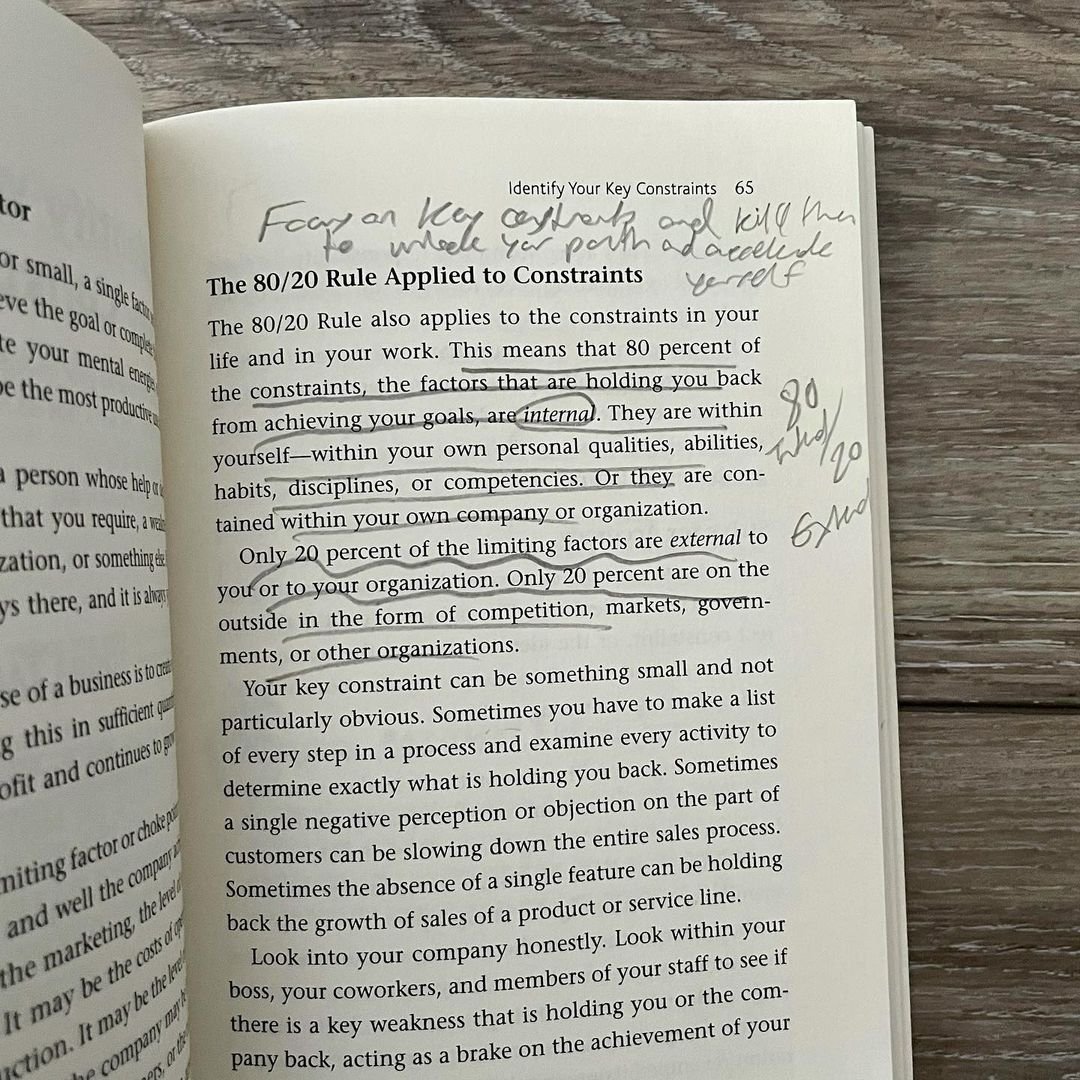
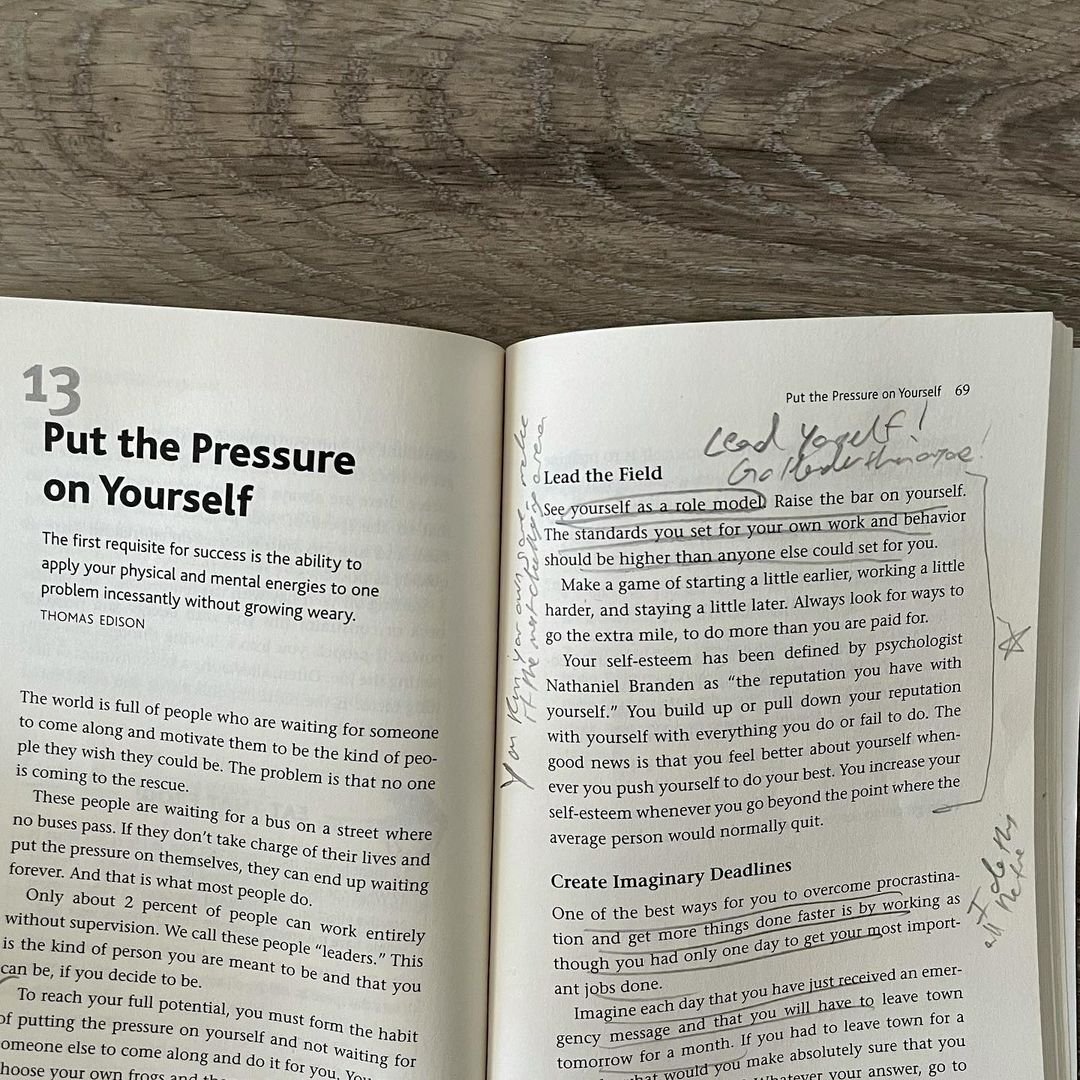
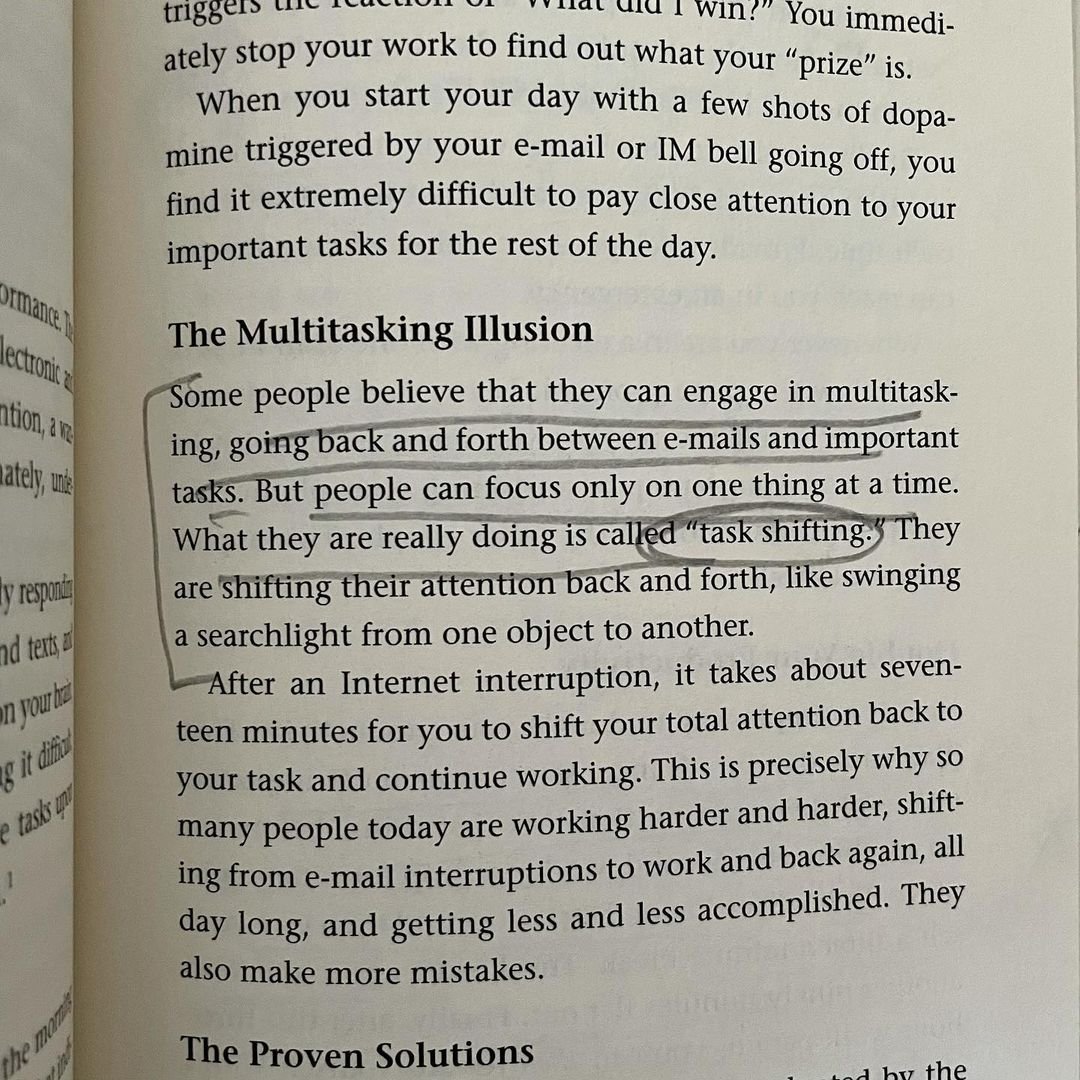
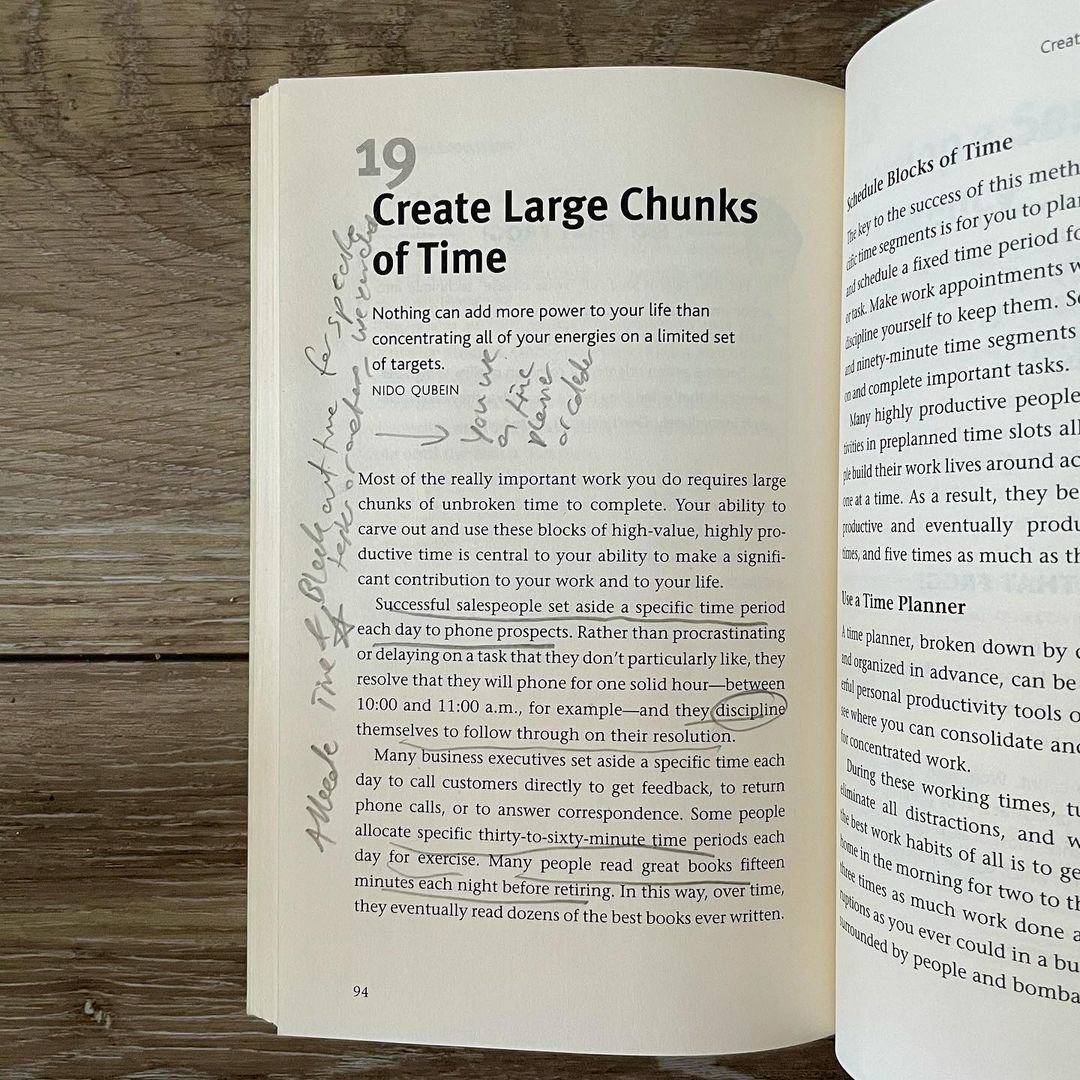
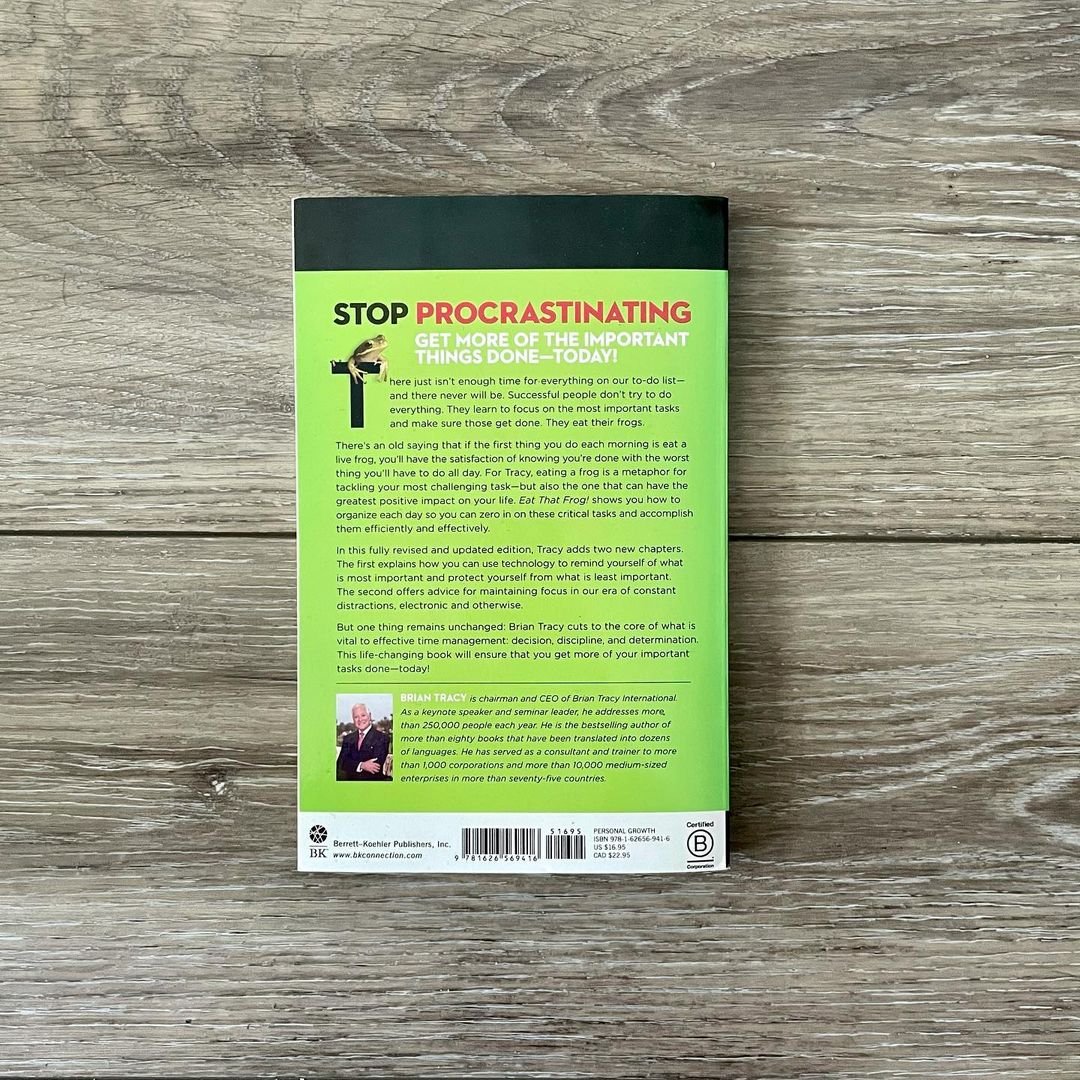
I’ve been busier more than ever now, my workload has spiked. I’ve found myself in a challenge I always thought I had decent control over: time management. The amount of demand from work has reached a point where I can’t even find the time to even read about how to improve on the skill of managing my time, so this book was perfect for it: very short, straight to the point (mostly), and concise. That being said, it took me two months to finish this short book (while reading other books as well). I won’t say the book is revolutionary and saved my life, but it definitely did point out aspects that I could improve on, mainly procrastination and prioritization. For me it’s much more to do with prioritization than procrastination. I'm a hustler and I get the job done, but when you have multiple roles to handle and things to manage, it becomes very hard to prioritize (especially when you deal with spontaneous and emergent issues). I’d consider this book more of a quick workshop focusing on a single topic to work on. I really enjoyed Atomic Habits [Book 31] because it really did a lot for me and was more than just a manual book, it talked about the science of habits and included several stories; Eat That Frog! is more of an old successful man teaching you how to think and improve an aspect of your life or build upon a skill, while providing you with life stories and lessons, thanks Brian Tracy!
.
I’ll list the summary of each of the 21 rules below, but to discuss my favorite ones that I really agree with are upgrading your key skills. I truly believe that anyone can learn anything if they put their mind to it, no matter what it is, it can be learned. I have switched industries, worked on a variety of projects that reach different audiences, and I’ve always been able to perform in them due to my hobby and ability of learning, with a sheer determination to deliver and implement. I also believe that everything starts with yourself, the ability to motivate myself and put pressure on myself has been crucial for me in getting ahead, while developing a sense of urgency has always helped me deliver bigger and more complex projects on time (mostly, if you consider external setbacks). I also limit my use of social media to a minimum, but use technology to help me in my everyday tasks and love to continue discovering tools to help me accelerate and organize my work. What I need to improve on is deciding on priority and urgency, planning everyday in advance (that might be hard since each day I’m faced with shocks and surprises), focusing on key results areas, and identifying the most important things to work on first, and taking on one thing at a time. Two things I’ve been working on currently is breaking large projects and large tasks into pieces, by organizing mega projects into phases and large tasks into smaller ones, while blocking out time to work on specific pieces. One thing I will begin working on is preparing thoroughly before I begin. I've already done this by setting up my house (due to Atomic Habits) to help me perform well. What I want to start doing is preparing my knowledge, tools, and the numbers before I dive into cases.
-
1. Set the table: Decide exactly what you want. Clarity is essential. Write out your goals and objectives before you begin ― 2. Plan every day in advance: Think on paper. Every minute you spend in planning can save you five or ten minutes in execution ― 3. Apply the 80/20 Rule to everything: Twenty percent of your activities will account for eighty percent of your results. Always concentrate your efforts on that top twenty percent ― 4. Consider the consequences: Your most important tasks and priorities are those that can have the most serious consequences, positive or negative, on your life or work. Focus on these above all else ― 5. Practice creative procrastination: Since you can’t do everything, you must learn to deliberately put off those tasks that are of low value so that you have enough time to do the few things that really count ― 6. Use the ABCDE Method continually: Before you begin work on a list of tasks, take a few moments to organize them by value and priority so you can be sure of working on your most important activities ― 7. Focus on key result areas: Identify and determine those results that you absolutely, positively have to get to do your job well, and work on them all day long. 8. The Law of Three: Identify the three things you do in your work that account for 90% of your contribution and focus on getting them done before anything else. You will then have more time for your family and personal life ― 9. Prepare thoroughly before you begin: have everything you need at hand before you start. Assemble all papers, information, tools, work materials and numbers so that you can get started and keep going ― 10. Take it one oil barrel at a time: You can accomplish the biggest and most complicated job if you just complete it one step at a time ― 11. Upgrade your key skills: The more knowledgeable and skilled you become at your key tasks, the faster you start them and the sooner you get them done ― 12. Leverage your special talents: Determine exactly what it is that you are very good at doing, or could be very good at, and throw your whole heart into doing those specific things very, very well ― 13. Identify your key constraints: Determine the bottlenecks or chokepoints, internally or externally, that set the speed at which you achieve your most important goals and focus on alleviating them ― 14. Put the pressure on yourself: Imagine that you have to leave town for a month and work as if you had to get all your major tasks completed before you left. 15. Maximize your personal powers: Identify your periods of highest mental and physical energy each day and structure your most important and demanding tasks around these times. Get lots of rest so you can perform at your best ― 16. Motivate yourself into action: Be your own cheerleader. Look for the good in every situation. Focus on the solution rather than the problem. Always be optimistic and constructive ― 17. Get Out of The Technological Time Sinks: Use technology to improve the quality of your communications, but do not allow yourself to become a slave to. Learn to occasionally turn things off, and leave them off ― 18. Slice and dice the task: Break large, complex tasks down into bite sized pieces and then just do one small part of the task to get started ― 19. Create large chunks of time: Organize your days around large blocks of time where you can concentrate for extended periods on your most important tasks ― 20. Develop a sense of urgency: Make a habit of moving fast on your key tasks. Become known as a person who does things quickly and well ― 21. Single handle every task: Set clear priorities, start immediately on your most important task and then work without stopping until the job is 100% complete. This is the real key to high performance and maximum personal productivity.